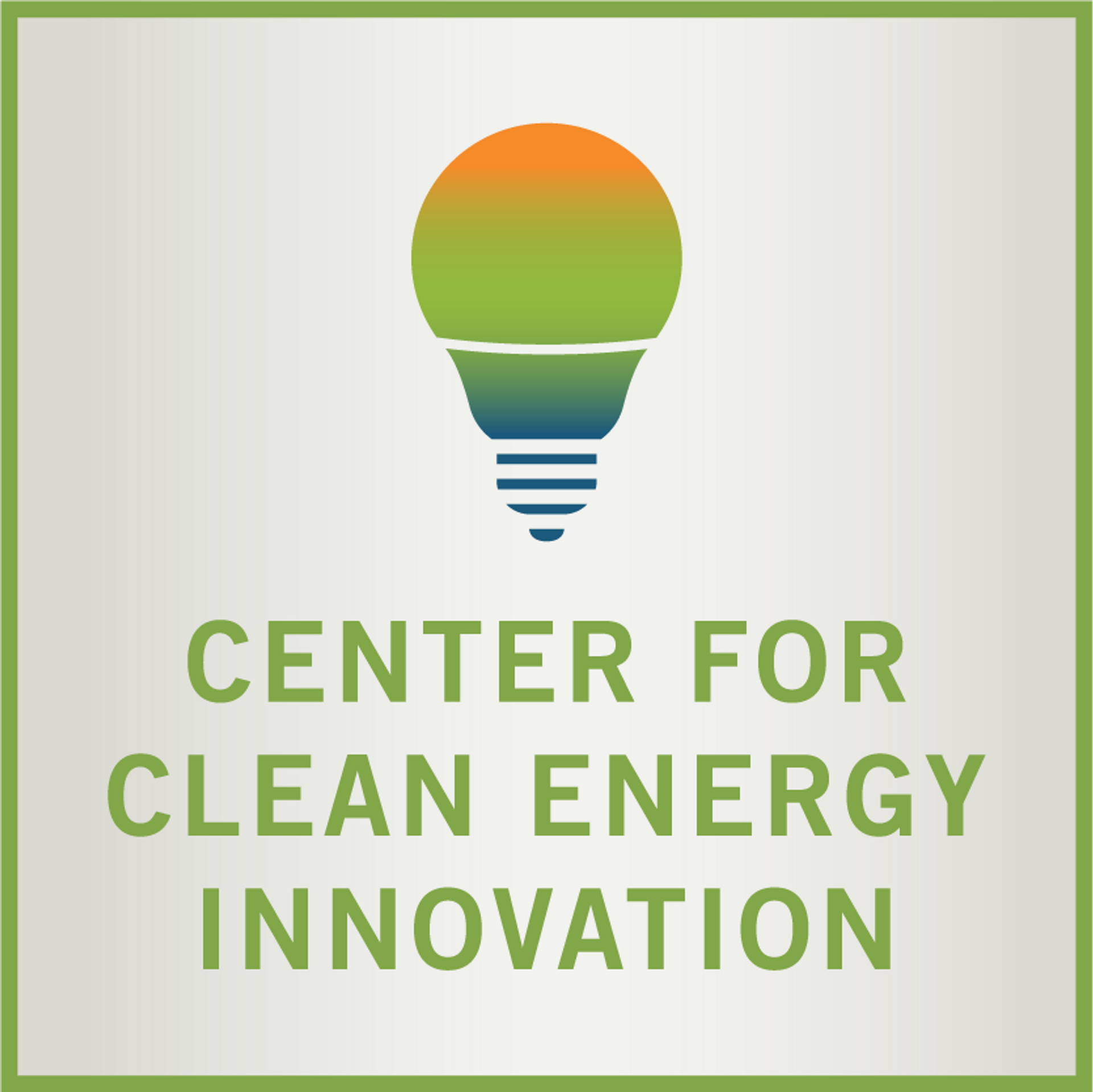Manufacturing USA at DOE: Supporting Energy Innovation
Accelerating energy innovation by manufacturers in America would boost economic growth and global competitiveness, while addressing key national security and environmental goals. But market failures lead to gaps in the private sector’s response to this imperative. That’s where the Department of Energy’s Manufacturing USA innovation institutes come in.
Manufacturing plays an outsized role in the health of the U.S. economy because of its impact on trade and innovation and its large multiplier effect. Yet, U.S. manufacturing competitiveness has declined over the last 15 years. Accelerating innovation in industrial processes that use energy—and in products used by the energy industry—would strengthen U.S. manufacturing and hasten progress toward national economic, workforce, security, and environmental goals. The Manufacturing USA innovation institutes sponsored by the U.S. Department of Energy (DOE) support U.S. manufacturers in their efforts to accelerate energy innovation. These institutes are showing promising results and deserve to be sustained.
The private sector is ultimately responsible for implementing innovations in manufacturing, and it generates and commercializes many such innovations as well. Market failures, however, lead to gaps in the private sector’s responses to the manufacturing and energy innovation imperative. Manufacturing USA helps fill these gaps. Each of its 14 institutes, 5 of which are sponsored by DOE, is a consortium of large and small companies, academic and nonprofit institutions, and national laboratories that operates in a technological domain that offers significant opportunities to accelerate innovation. These members, with additional support from state governments, provide nonfederal funding that matches or exceeds the initial five-year $70 million federal investment in each institute.
This report begins by identifying the national goals that are at stake at the nexus of manufacturing and energy, and explains why federal action is necessary. It then briefly describes DOE’s involvement with manufacturing—both past and present—and its links to the government-wide Manufacturing USA program.
The core of this report draws on public documents, site visits, and interviews to describe the origins of the five institutes sponsored by DOE, and the progress they have made since they were founded between 2015 and 2017:
- PowerAmerica (Next Generation Power Electronics Manufacturing Innovation Institute)
- The Institute for Advanced Composites Manufacturing Innovation (IACMI)
- The Clean Energy Smart Manufacturing Innovation Institute (CESMII)
- The Rapid Advancement in Process Intensification Deployment (RAPID) Institute
- The Reducing EMbodied-energy And Decreasing Emissions (REMADE) Institute
This report concludes with these findings and recommendations:
- DOE’s Manufacturing USA institutes have the potential to accelerate technological progress toward important national goals.
- The institutes are beginning to make good on their promise, but it is too soon to make definitive judgments about them.
- It is not too early to begin taking steps to improve the performance of existing institutes and support the start-up of new ones.
- Congress should continue to fund the institutes that have already been established.
- DOE should allow the institutes greater flexibility in raising and using private-sector funding in parallel with federal funding.
- Congress and DOE should provide opportunities for the institutes to receive federal funding beyond the current limit of five years—and consider establishing a permanent program of support.
- The institutes should intensify their outreach to small and medium-sized manufacturers.
- The institutes should develop more education and training programs for technicians and other mid-skill manufacturing workers.
- DOE should better inform the public about the distinctive energy-specific mission of the DOE-sponsored Manufacturing USA institutes.


